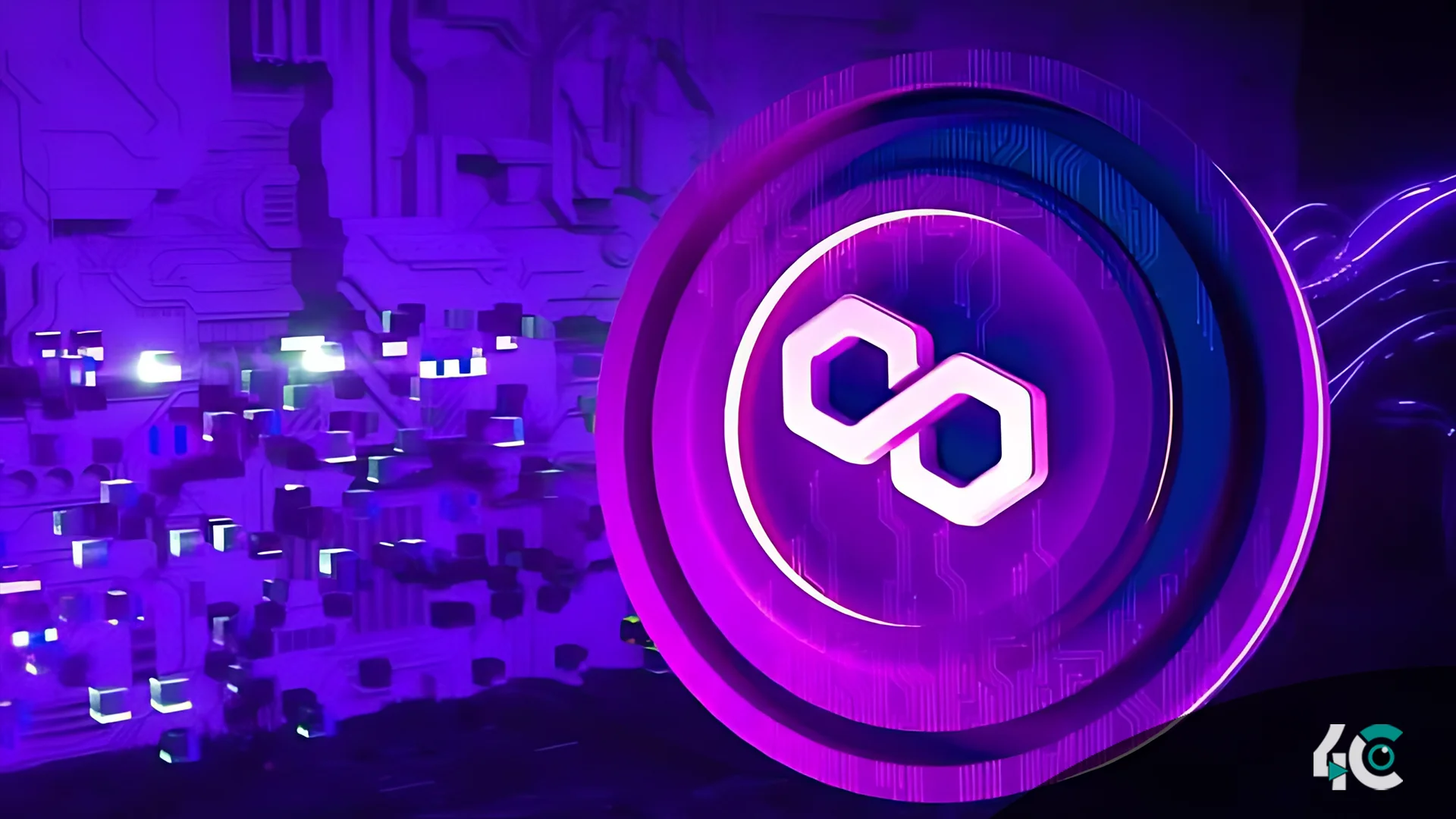Agora’s AUSD stablecoin serves as the native cryptocurrency of Polygon’s AggLayer network, revolutionizing cross-chain transactions. This cooperation introduces a fiat-backed stablecoin into the AggLayer ecosystem, offering users and developers consistent, cost-effective liquidity and simplifying cross-chain operations.
By making AUSD the principal currency, AggLayer hopes to simplify liquidity movements and eliminate the complications of token bridges. Agora, a business best known for its institutionally backed stablecoin AUSD, created the asset to facilitate multichain transactions within AggLayer.
The change promises to lower prices and technological barriers, improving both user and developer experiences throughout Polygon’s ecosystem. With support from major custodians such as State Street and VanEck, Agora’s AUSD provides the stability needed for seamless integration.
AUSD Integration BenefitsWe project that AggLayer’s use of AUSD will reduce transaction costs for connected chains by eliminating the need for separate bridging processes. This reduction in prices and administrative complexity benefits both developers and end users, allowing them to engage in cross-chain transactions more efficiently.
Agora executives stated that participating firms on the AggLayer will be able to gain revenue through AUSD usage, making it a practical and advantageous addition for all network participants. By reducing the additional costs involved with adding new stablecoins, AggLayer enables any connected chain to seamlessly use AUSD, allowing developers to avoid further infrastructure modifications.
Strengthening Web3 through cross-chain stabilityDevelopers building decentralized applications on the AggLayer can easily integrate AUSD as a reliable and stable store of value. This change is consistent with Polygon’s overall goal of creating a more accessible Web3 ecosystem in which transactions and liquidity flows are seamless, transparent, and egalitarian. Nick van Eck, the co-founder of Agora, emphasized that the significance of AUSD goes beyond financial stability; it aims to establish an economic network where members share profits from AUSD usage instead of a single issuer.
This strategy promotes a more decentralized and collaborative ecosystem that directly benefits the community. Advances in blockchain security and efficiencyPolygon Labs, co-developer of AggLayer, has expanded the platform by collaborating with Fabric Cryptography to include zero-knowledge proofs. Known for its security benefits, this feature aims to enhance transaction security, streamline operations, and reduce expenses throughout the AggLayer ecosystem. This collaboration demonstrates AggLayer’s dedication to making Web3 more secure and cost-effective, thereby increasing its adoption across the blockchain sector. AggLayer’s expansion of its ecosystem with AUSD positions it to make Web3 more accessible and impactful for both developers and end users.
































